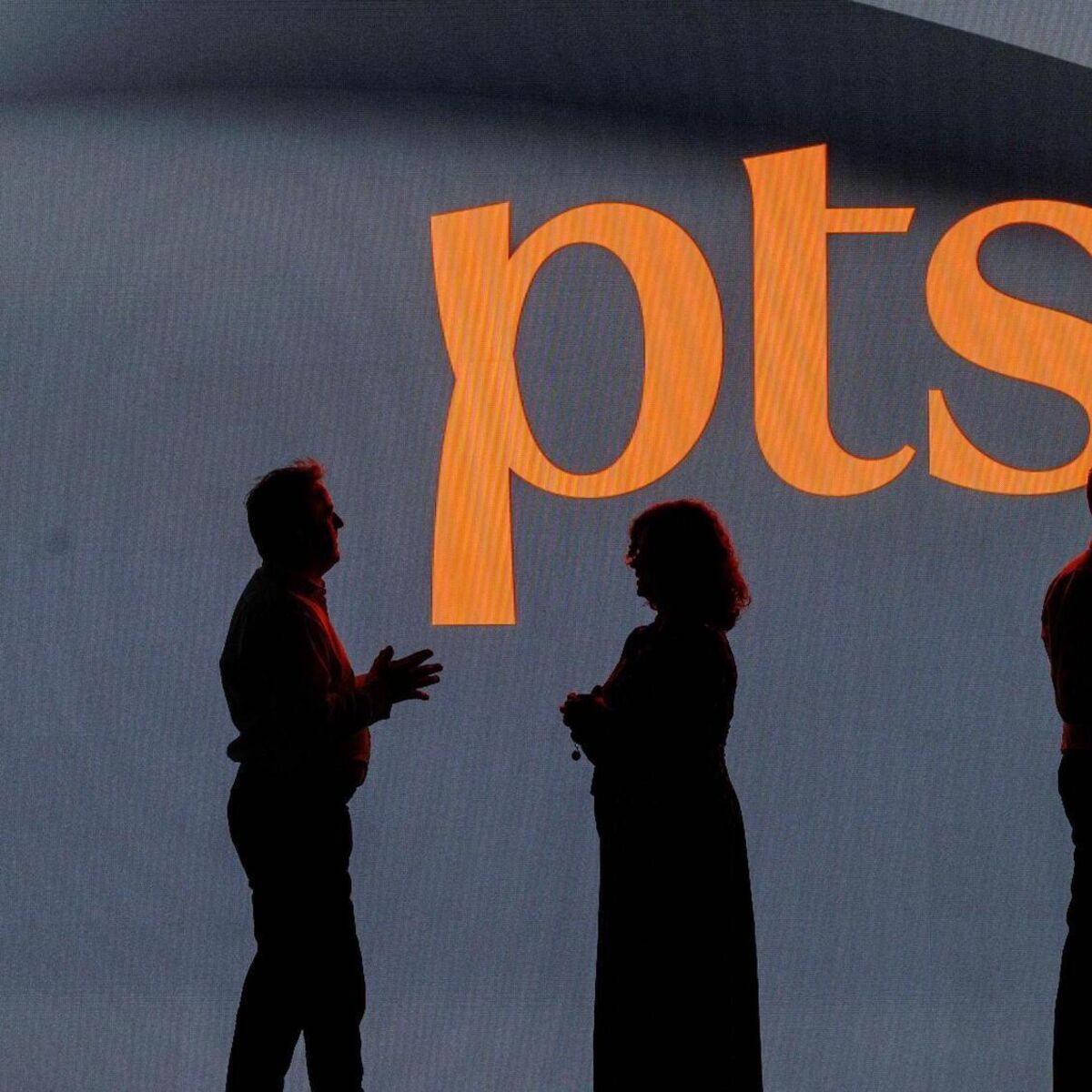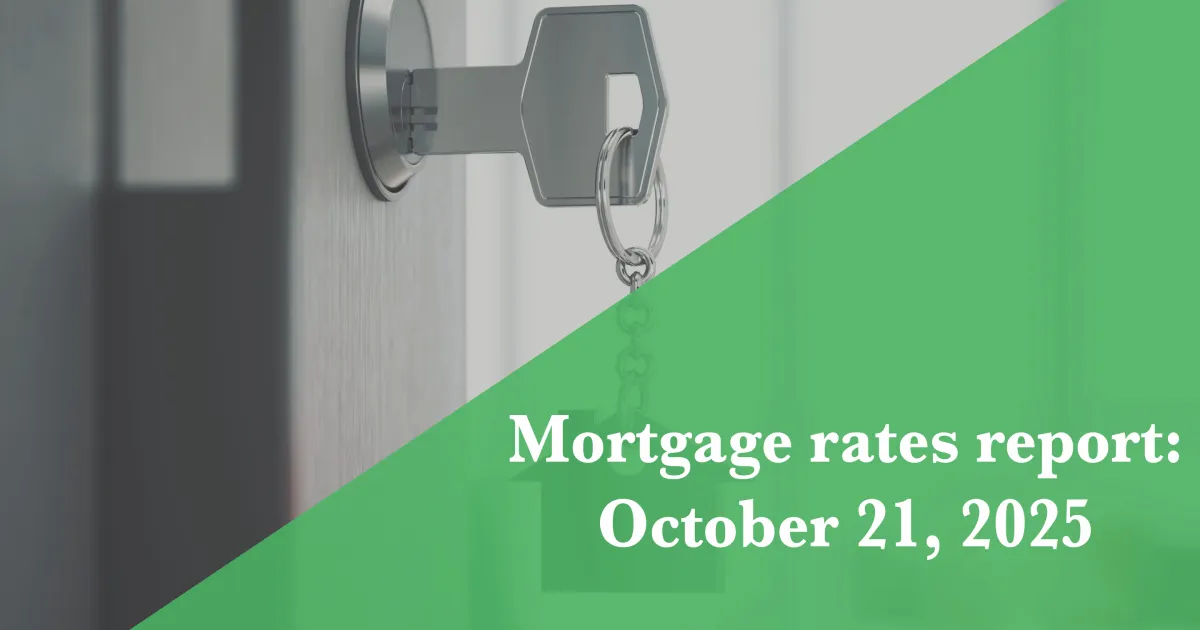Copyright irishexaminer

Minister for Finance Paschal Donohoe, the bank's largest shareholder, said it had made "great progress in building a strong competitive franchise in the Irish retail banking market," adding that it would present the State with an opportunity to exit its last remaining shareholding in an Irish bank. The Irish State owns 57% of PTSB. “The State’s investment in PTSB was made during the financial crisis to safeguard the stability of the banking system and protect depositors. A sale of the State’s investment would be consistent with the objective of recovering taxpayer funds that were used to rescue the Irish banks and deploying these to more productive purposes," Mr Donohoe said. “The State has and continues to be very supportive of PTSB, and the Government believes that it is in the long-term interests of PTSB and citizens in general that the Bank be returned to full private ownership. However, Mr Donohoe noted that there is no assurance that the formal sale process will result in any offer being made or any transaction being completed. 'Significant appetite' from international investors PTSB said it has seen a significant increase in appetite for its shares from international investors, along with unprecedented demand for its recent Green Tier 2 issuance, adding that this was against a backdrop of increased consolidation activity in the European banking sector. PTSB has appointed Goldman Sachs International as financial adviser in relation to the FSP. If the sale process does not lead to a successful transaction on agreeable terms, the Bank said it will continue to progress its strategy and delivery of its medium-term guidance. In 2011, PTSB, formerly Permanent TSB, received a €4bn bailout and has so far repaid €2.75bn, a large portion of which came from the €1.3bn sale of its former Irish Life pensions and life assurance unit. The State’s remaining stake is worth around €730m. The bank said that its operations, products and services are unaffected by this announcement, and that it will continue to support and service customers as normal. “PTSB has fundamentally transformed itself and built a sustainable business model that is competing very strongly in the Irish personal and business banking markets. Notwithstanding this success, there is a significant market opportunity for the Bank to increase further its presence and share of the Irish retail banking market," said chair of the bank, Julie O'Neill. "Given the robust economic backdrop and increased investor appetite in PTSB shares, the Board is of the view that now is the right time to seek a new long-term owner for the Bank that will enable PTSB to unlock its potential for further growth and scale." "If successful, this sale process would result in the exit of the State’s last remaining shareholding in the Irish banking sector and, most importantly, return capital to the State and taxpayers. It is a positive development for PTSB and evidence of the Bank's position of strength in the Irish retail banking market." "PTSB customers are not impacted by the FSP, and our team of dedicated colleagues will continue to support and service customers as normal.” Financial results The announcement was made in tandem with the publication of the bank's latest financial results for the third quarter of 2025, which CEO Eamonn Crowley reflected a "strong performance." Its gross loans rose by 4% annually to €22.4bn at the end of September. PTSB said it grew its deposit book by 7%, while its mortgage book grew by 4%. "Our new mortgage lending year to date is up 64% to €2.1bn and we expect revenue growth to return in the coming quarters as we benefit from continued loan growth and improved margins," Mr Crowley said. The bank saw its net interest income for the first nine months reduced by 6% as the effects of lower interest rates on its margin offset higher average interest-earning assets. PTSB reiterated its guidance for 2025, targeting a return on tangible equity of 9%, with Mr Crowley also reiterating the bank's intention to restart dividend payments to our shareholders next year, subject to financial position and required regulatory and other approvals. "We are also confident of our ability to deliver sustainable returns for our shareholders as evidenced by our updated return on tangible equity," Mr Crowley said.



